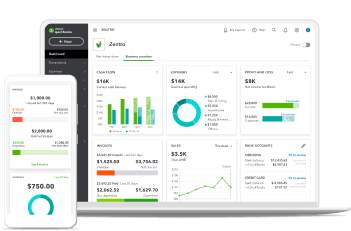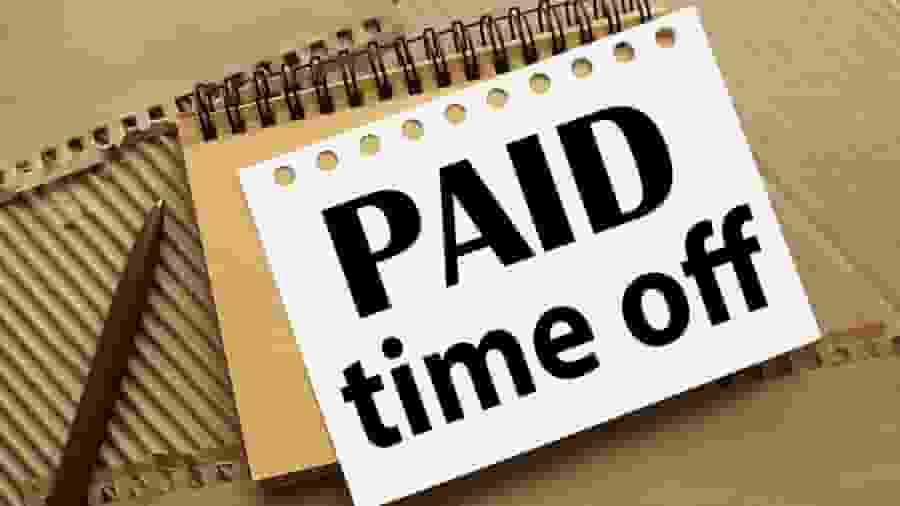When your employees take time off, sometimes they can be entitled to be paid for a portion of their leave. In Australia, employee entitlements to public holiday pay and employer obligations around public holiday pay rates are covered under the National Employment Standards (NES), Awards and Enterprise Agreements. The NES sets out basic employment entitlements available to all employees. Awards are legal documents that set out minimum pay rates including public holiday pay rates and conditions of employment while Enterprise Agreements set out the entitlements the employer will provide for employees in their business or enterprise. For employers who offer additional leave, this should be included in the employment contract.
It is important to be legally compliant and know what your employees are entitled to in terms of public holiday pay and the applicable public holiday pay rates.

















